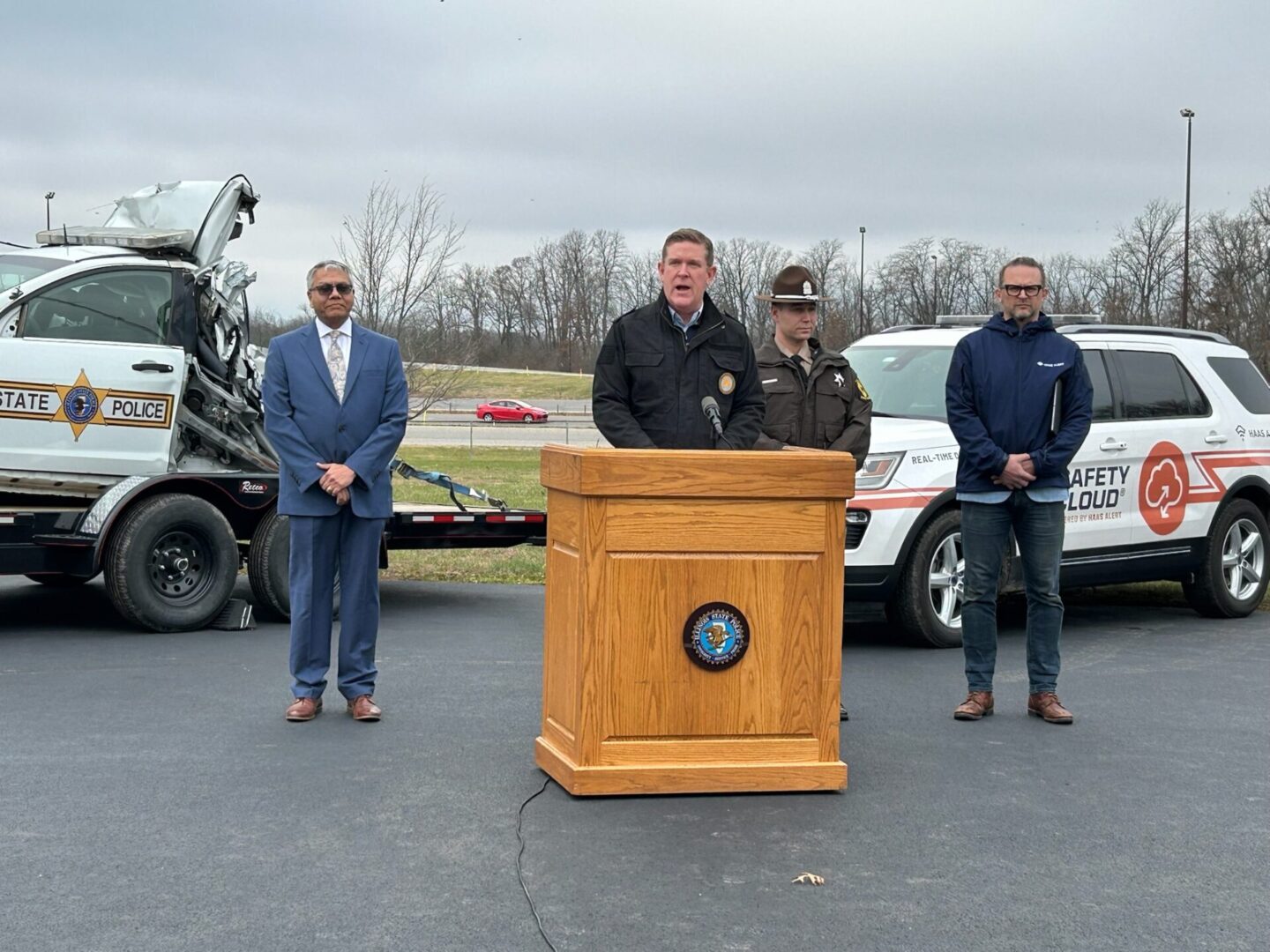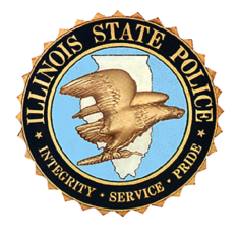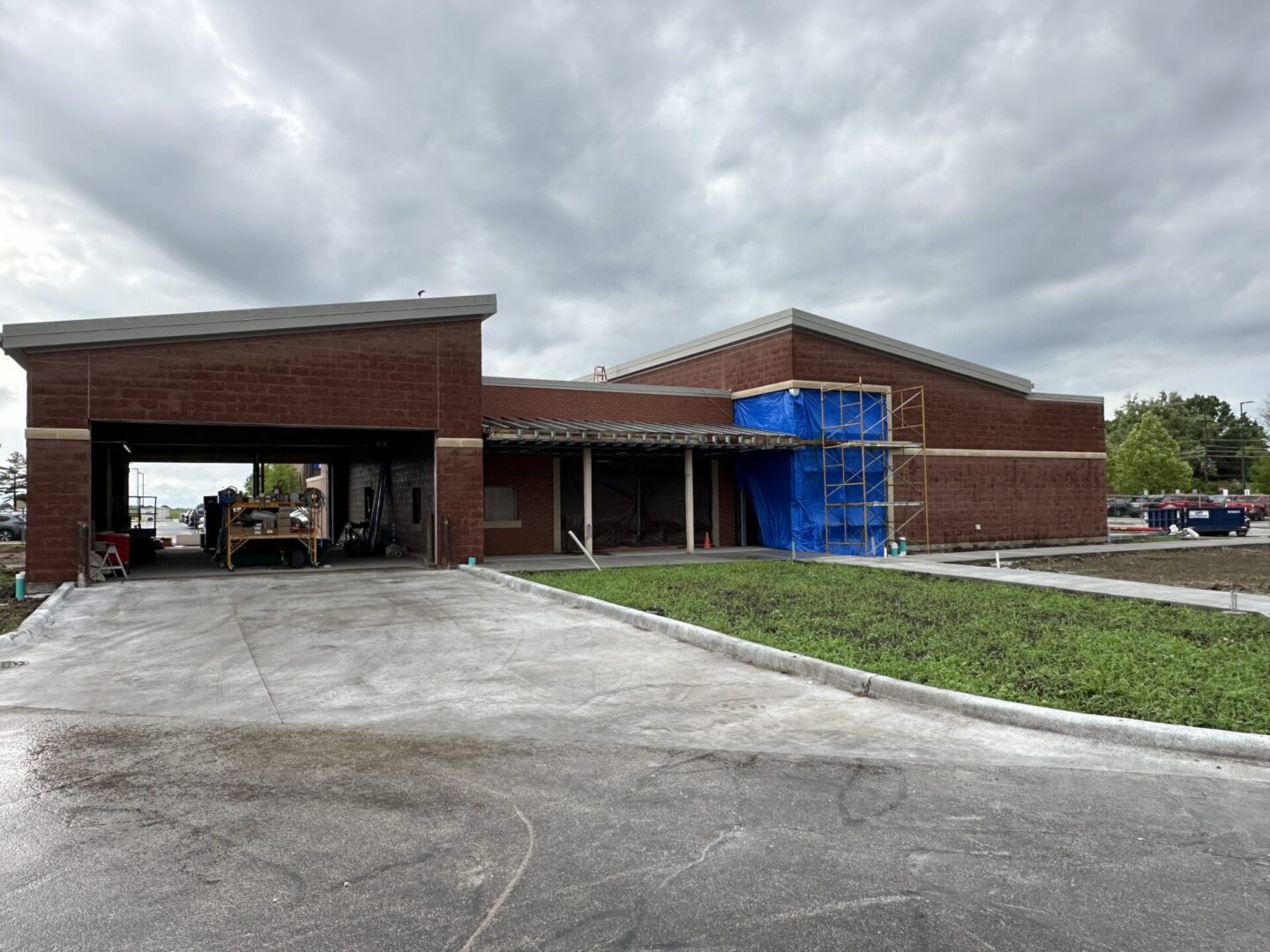- From the Lisa Sims, News from State Senator Chuck Weaver
- Non-citizens ‘accidentally’ registered to vote According to media reports, more than 500 people who are not citizens and are not legally eligible to vote in elections, were registered to vote through the state’s Automatic Voter Registration (AVR) system, which was signed into law in 2017. The AVR system automatically registers voters when they apply for a driver’s license or state ID card, unless the individual opts out of the process. Between July 2, 2018, and Dec. 13, 2019, the registration information of 574 people was “improperly forwarded” to the Illinois State Board of Elections, according to a Dec. 18, 2019, letter from the Illinois Secretary of State’s office to the State Board of Elections. The 574 individuals had all checked a “no” box on a question asking if they were U.S. citizens. According to the Secretary of State’s office, the issue was due to a “programming error” involved with the registration process. The Illinois State Board of Elections has notified the local election authorities where the individuals reside, and has sent letters to the individuals themselves. Of the improperly registered voters, 126 live in Chicago, 135 in other parts of Cook County, 56 in DuPage County, 54 in Lake County, 1 in Christian County, and 1 in Sangamon County. On. Jan. 21, all Republican Senators sent a letter to the Secretary of State’s office seeking further information about the issue. The request included information on which locations erroneously registered voters, what investigatory steps would be taken and what would be done to prevent situations like this in the future. “It is imperative the residents of Illinois know their elections are being managed and conducted in a lawful manner, and ensuring our laws are being implemented correctly is a practical matter, not a partisan one,” the letter stated. Since being signed into law in August 2017, the Illinois AVR system has so far registered more than 600,000 individuals to vote. Legislative process begins anew The spring legislative session begins Jan. 28, and State Senators and Representatives are currently finalizing their legislative agendas and filing their proposals in legislative form so their ideas can be considered in the coming months. In the Senate, the deadline for the introduction of substantive bills, which deal with new laws and changes to existing laws, is Feb. 14. Those bills then have until March 27 to be heard in committees, and until April 24 to be called for a vote in the Senate. After that, the Senate considers legislation that has passed the House of Representatives, and appropriations or spending bills that will form the state’s budget. The session is scheduled to adjourn on May 31. Push for Fair Maps continues As a new legislative session begins, Senate Republicans are again calling for action to fix the current partisan practice of drawing gerrymandered maps. Every 10 years, the state is required to reapportion legislative and Congressional districts to match the results of the most recent census. Illinois currently has a “winner take all” system where one party has the complete power to draw the maps, which typically leads to confusing and strangely shaped or “gerrymandered” districts. They note that the maps are typically drawn not to best represent the people of Illinois and their communities, but to offer the party in power the best chance at electoral success. The process has often been called out for allowing politicians to pick their districts, instead of the people choosing their representatives. Numerous attempts throughout the years to fix the system have been blocked by legislative leaders and lawsuits. Still, the General Assembly does have the power to put the question of whether to fix the current system on the ballot for voters to decide. The concept of Fair Maps has broad bipartisan support among rank-and-file lawmakers, Gov. J.B. Pritzker has expressed his support for the idea, and former President Barack Obama made the issue a key component of his speech to the General Assembly in 2016. New law eliminates license suspension for non-payment of fines Individuals who fail to pay tickets for most non-moving violations will no longer face the loss of their driver’s license. The “License to Work Act” removes the penalty of suspension for a number of offenses, including parking tickets and tollway violations. Previously, the state suspended more than 50,000 licenses per year for failure to pay tickets, fines, and fees. Supporters of the new law hope that it will enable people to continue working and earning money to pay the fines and fees. At the same time, opponents fear it will make it easier to ignore fines and fees, and by extension, the laws that result in those fines and fees. January is Blood Donor Month Because blood donations often drop off right after the holidays, January has been recognized as Blood Donor Awareness Month since 1970, to raise awareness of the need for blood and platelet donations during the winter months. The American Red Cross is reminding people of the importance of donating blood. In the United States, someone needs blood every two seconds, and nearly 21 million blood components are transfused every year. Despite medical and technological advances, blood cannot be manufactured, so donations are the only way to get blood to those in need. The organization also notes that one donation can save three lives. According to the Red Cross, while 38 percent of the population is eligible to donate blood at any given time, typically only about 10 percent actually do.















